
Travel
11:36, 07-May-2019
Reporter's Diary: Horticultural Expo transcends cultures and ages
Wei Lynn Tang
02:44
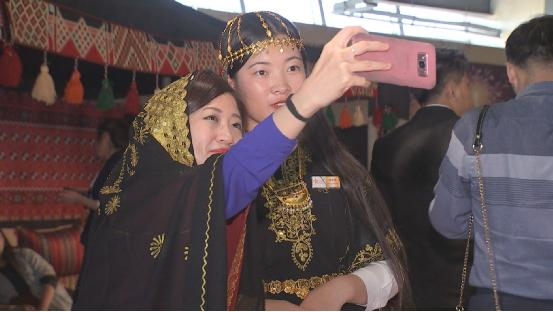
The past week covering the International Horticultural Expo in Beijing has been inspiring, educational, and real.
Well, first things first, I have never been much of a fan of plants (blame my rather ignorant self) but suffice to say, my interest is now piqued.
Beyond the beautiful flowers and various species of plants, it's also about finding ways to live more sustainably.
For instance, the German Garden is attempting to use renewable raw materials to make daily life products. Think: corn used to make boots, fungus to make sneakers, and sunflower seed shells to make flower pots and coffee mugs.
The country is giving an insight into living a life without oil – as most of the products we use today are made of plastic, which is essentially made of petroleum.
01:42
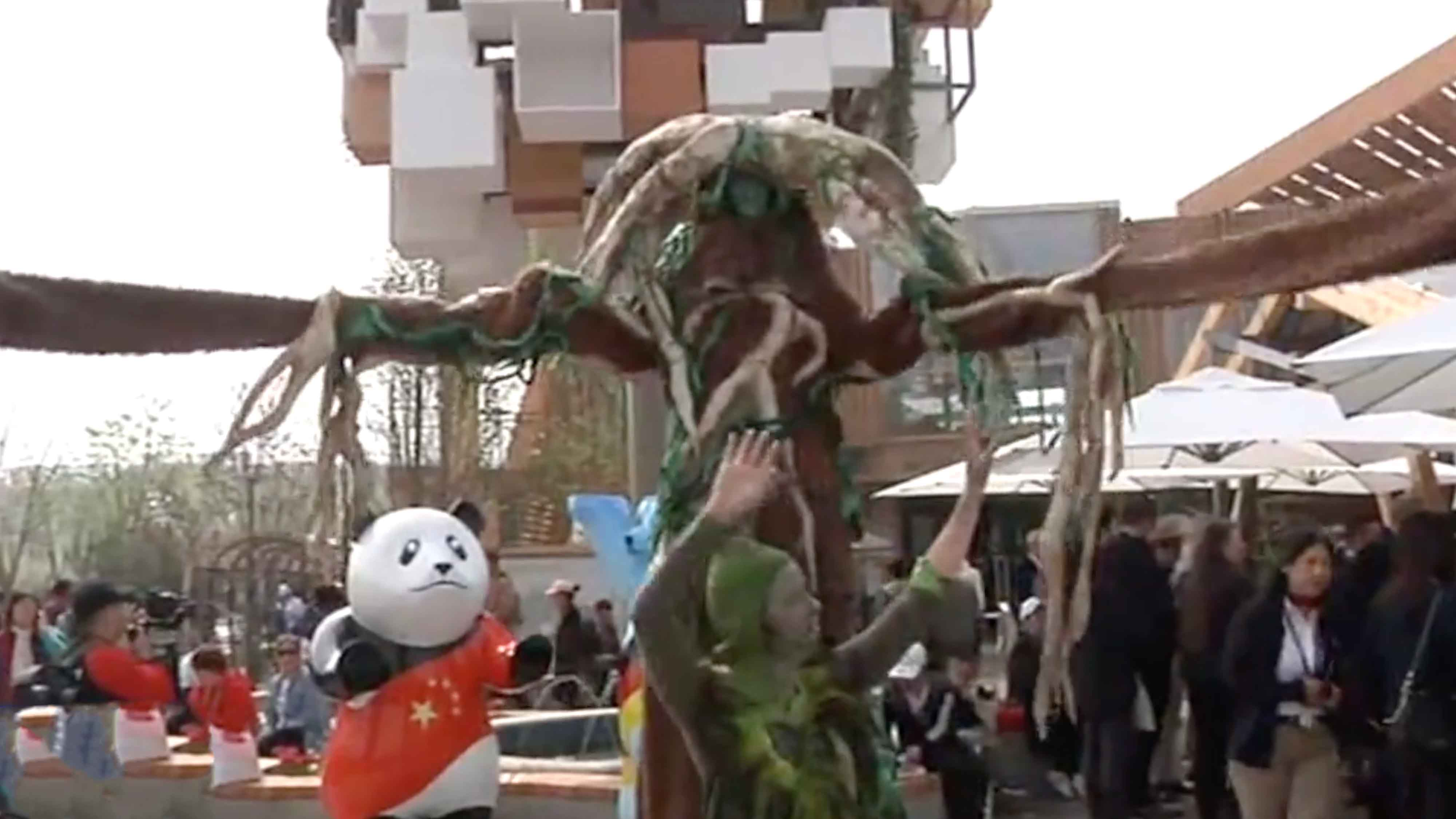
The India Garden seeks to promote peace, harmony and well-being within the body and mind through the practice of yoga.
“Buddhism and Hinduism are represented but if you forget religion for a moment, all these mudras also have very special benefits in the body. If you do them for a certain time, they can produce certain energies in the body which can remove different types of illnesses,” the garden's CEO Narender Nath told me.
02:42
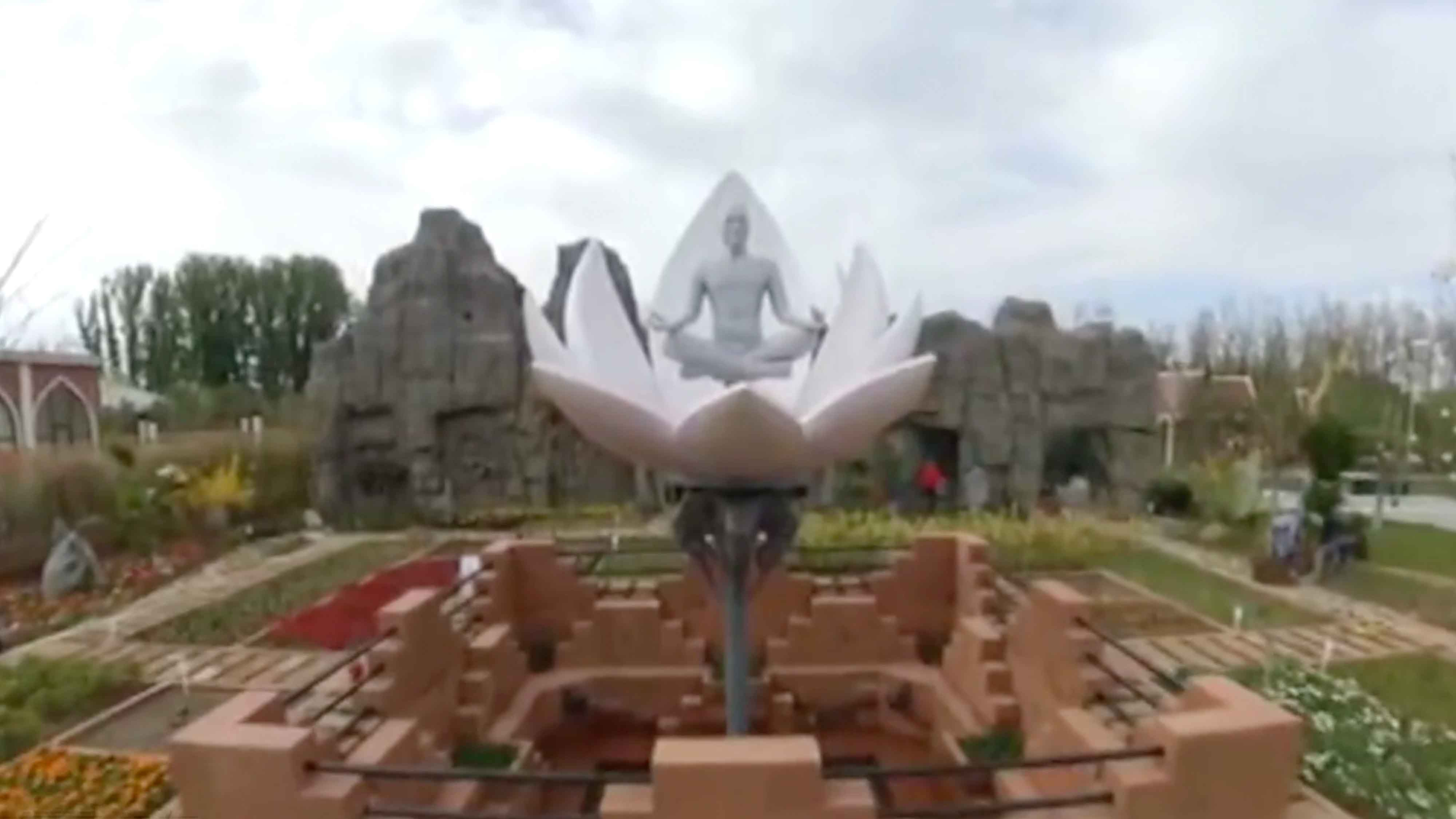
Qatar is emerging as a new horticultural power despite its traditional landscape of desserts and sea.
According to Dr. Fayqa Ashkanani, Qatar National Pavilion's Deputy General Commissioner, the country is investing heavily in research to find suitable plants that are able to live in their hot climate.
“We can seek to re-plant these plant species using different techniques and the highest level of treated water.”
02:21
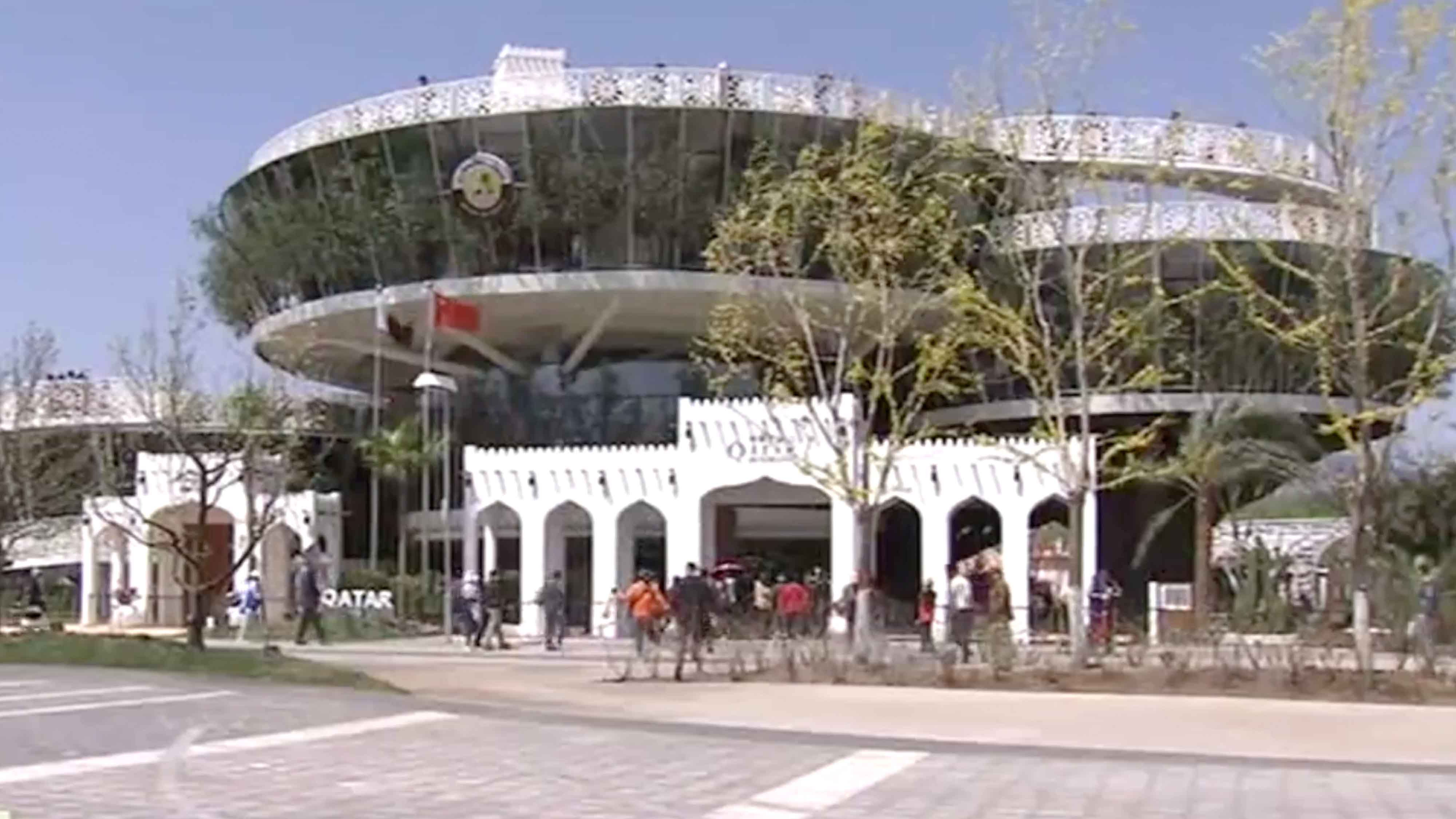
Given the vast size of the Expo (covering over five million square meters or 700 football fields), I mostly only covered the international gardens this time around.
But truly, the Expo is a place where you're able to travel the world – within the reach of your hands and time.
This was the first thing that came to my mind when I visited the Expo two weeks ago as the organizers and exhibitors were putting on their final touches.
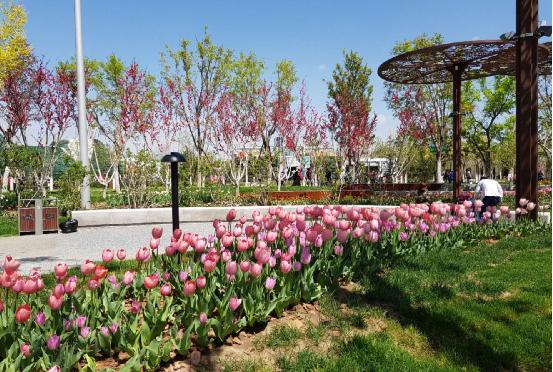
Feast your eyes with colorful flowers all around the Expo. /CGTN Photo
Feast your eyes with colorful flowers all around the Expo. /CGTN Photo
Parents: We want to expose our kids to other cultures
And the above is one of the reasons why parents brought their children to the Expo.
“This a great opportunity to bring our child to see the local customs and practices of each country. He would also understand their horticulture and architecture. If he sees any country that he likes, he would have more motivation to visit that country to find out more about it,” a mother of a five-year-old told me.
The father concurred. "So, next time, he will have more opportunities to pick the environment, country and city that he likes to live in. Of course, we also hope to spur his interest in Mother Nature through this Expo."
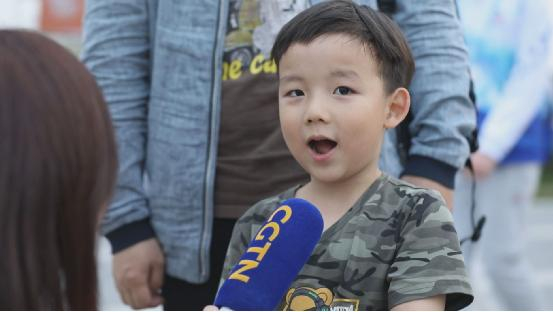
This five-year-old visits the Turkey and Africa pavilions and likes Turkey most. /CGTN Photo
This five-year-old visits the Turkey and Africa pavilions and likes Turkey most. /CGTN Photo
Many old people visit the Expo – be it in wheelchairs or still sturdily walking.
It warmed my heart when I saw them with smiles on their faces, as I could imagine how precious it was to be able to spend time and bond with their family of three or even four generations.
Oh, and old couples still holdings hands – what a sight!

This 88-year-old grandmother is happy she's able to see so many flowers at the Expo. /CGTN Photo
This 88-year-old grandmother is happy she's able to see so many flowers at the Expo. /CGTN Photo
But lest I forget the workers who continue to stay on after the Expo closes at nine at night. I bumped into a few of them cleaning the elevator steps by hands.
They told me it takes an hour to finish cleaning just one elevator.
Foreigners well-versed in the Chinese language
Lea Quadflieg, a foreign host, surprised me with her ability to respond to my cameraman and me in the Chinese language.
“I learned it back home in 2013 as part of my Bachelor's program. It was generally out of interest for East Asia, especially China,” she said, adding that she loves China as “it changes so fast and there is just so much to see.”
Was it difficult learning the language, I asked? This considering that she's based in Germany and grasping of a language is very much environment-driven.
“It wasn't hard in the sense that it was very difficult to learn, it's hard in the sense that it's very different from German.”
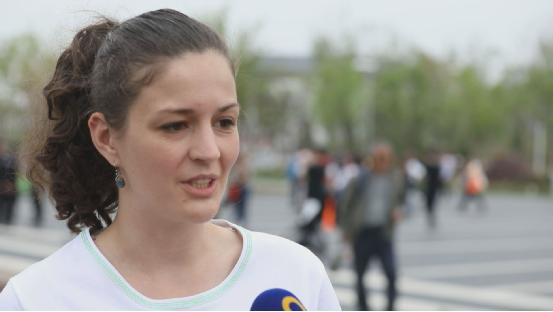
A foreign host explains how she overcomes potential barriers between her country's culture and China's. /CGTN Photo
A foreign host explains how she overcomes potential barriers between her country's culture and China's. /CGTN Photo
How does she find interacting with the Chinese? I went on asking.
“I think the most difficult thing is that certain things are perceived very differently in different cultures. From the start you have to make sure that everyone's on the same page,” Quadflieg said.
“Especially for Germans – we are very often perceived as being rather rude because we are direct and honest. So for me, if I'm talking to a Chinese, I first tell them it's my way of communicating.”
02:55

Still, the manager of Turkey's Pavilion Muhammed Basaran is all too used to living in China and reckons he will continue to stay on in the future.
“I have been in China for nine years and traveled to over 70 cities. There are more opportunities here. And China has become my second hometown.
“After a long time, even my thinking has changed. It's no longer just Turkish way of thinking; sometimes I also think the Chinese way.”
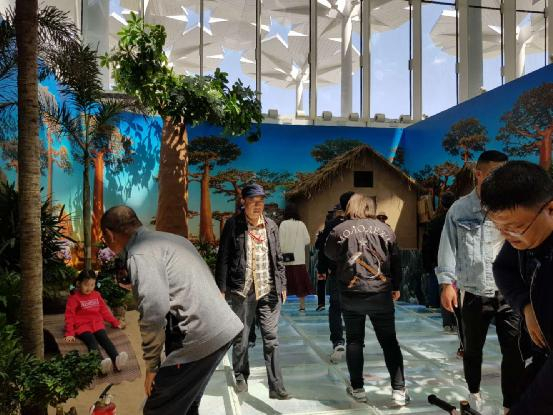
Having fun inside the International Pavilion: Here's Madagascar's exhibition. /CGTN Photo
Having fun inside the International Pavilion: Here's Madagascar's exhibition. /CGTN Photo

SITEMAP
Copyright © 2018 CGTN. Beijing ICP prepared NO.16065310-3
Copyright © 2018 CGTN. Beijing ICP prepared NO.16065310-3